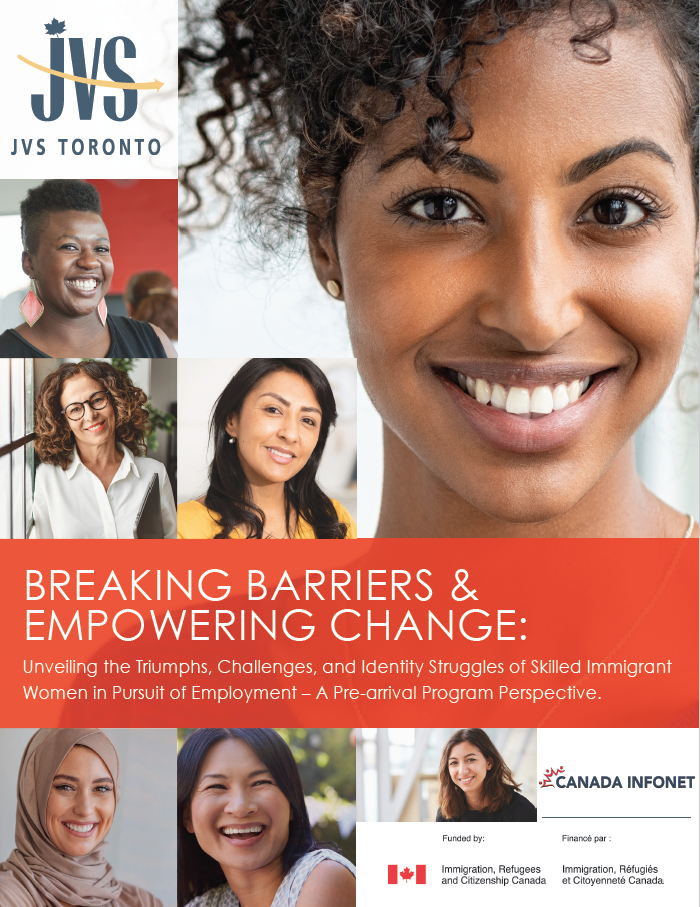 Adapting to a new culture and finding employment can be a difficult task for newcomers to Canada – especially if they have a family to support. Mina, an experienced IT professional, came to Canada from Jamaica in March 2023. She sought a better life for herself and her three-month-old child.
Adapting to a new culture and finding employment can be a difficult task for newcomers to Canada – especially if they have a family to support. Mina, an experienced IT professional, came to Canada from Jamaica in March 2023. She sought a better life for herself and her three-month-old child.
 With six years of experience in the IT field and several post-secondary qualifications, Mina thought her transition into the Canadian job market would be straightforward.
With six years of experience in the IT field and several post-secondary qualifications, Mina thought her transition into the Canadian job market would be straightforward.
However, after six months of job searching without success, Mina realized she needed extra support to overcome the challenges she was facing. That’s when she joined JVS Toronto’s Road to Employment for Immigrant Women program – a specialized initiative designed to build resilience, motivation, and preparedness for the Canadian labour market.
In class, Mina refined her already strong communication skills to be better prepared for the Canadian workplace and job interviews. She explored effective ways to present her resume, found networking opportunities and received interview coaching.
The program also offered resilience-building sessions that helped Mina manage the personal challenges that added to the stress of her job search, such as securing childcare and maintaining financial stability. Despite not being able to find childcare, she was committed to her journey, attending every class with her baby in tow.
Outside of class, Mina continued networking and applying to job openings, while receiving ongoing coaching to improve her interview skills. Her perseverance paid off. She started receiving more interview requests, and was offered positions at two top-tier companies.
Today, Mina is working full-time in the IT industry and has achieved the stability she came to Canada seeking.
Her story of resilience and successful integration into Canadian society will undoubtedly inspire future newcomer women to achieve their dreams.
“JVS Toronto helped me to see new perspectives and stay positive. Now I can say I have grown, settled into a job, and my son is thriving. I recommend the Agency to all newcomer women trying to navigate their way in Canada.”
– Mina
For more information on this innovate program, visit Road to Employment for Immigrant Women.
For other services specifically for newcomers, visit Newcomer Employment Services.
 In the rich tapestry of immigrant experiences, the narratives of skilled immigrant women often stand out for their resilience, ambition, and the unique challenges they face.
In the rich tapestry of immigrant experiences, the narratives of skilled immigrant women often stand out for their resilience, ambition, and the unique challenges they face. 




